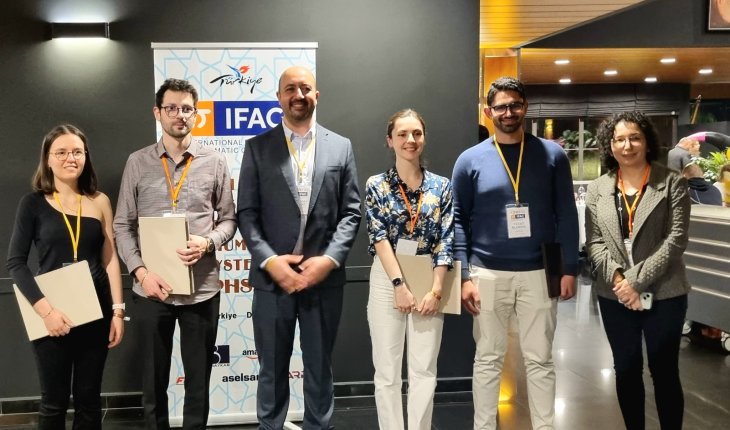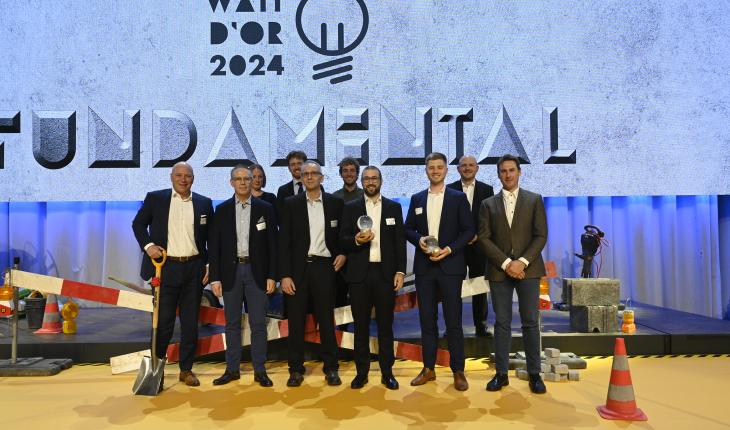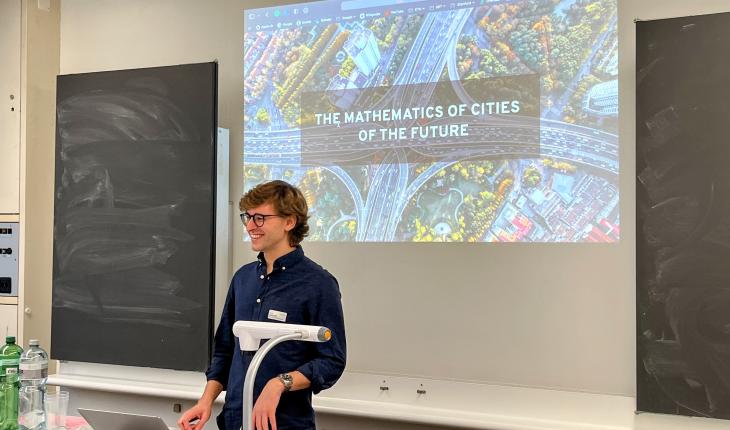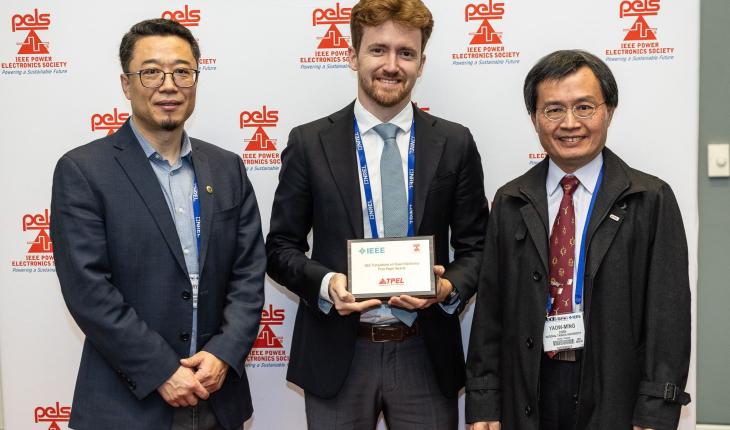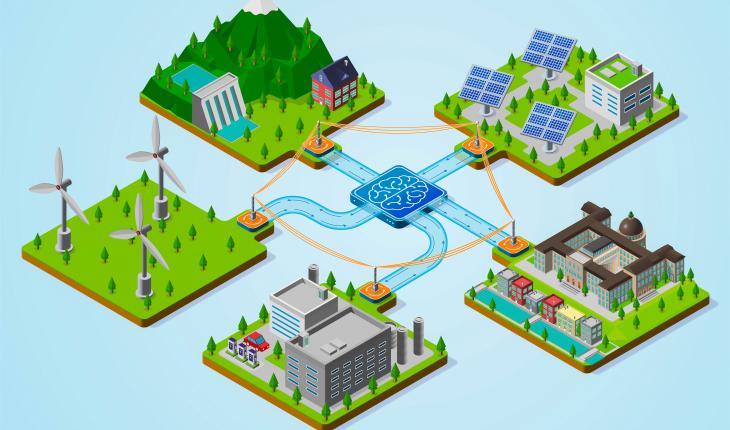Saverio Bolognani

Dr.
Saverio Bolognani
Principal Investigators
Management
Feedback is the principle behind efficient interaction as well as cascading failures. We need to understand feedback to understand autonomous systems.
Saverio Bolognani received the Ph.D. degree in Information Engineering from the University of Padova, Italy, in 2011. In 2013 – 2014 he was a Postdoctoral Associate at the Laboratory for Information and Decision Systems of the Massachusetts Institute of Technology in Cambridge (MA). He is currently a Senior Researcher at the Automatic Control Laboratory at ETH Zurich. His research interests include the application of control system theory to power systems, distributed control, online optimization, cyber-physical systems, and game theory for multi-agent autonomous systems.
















